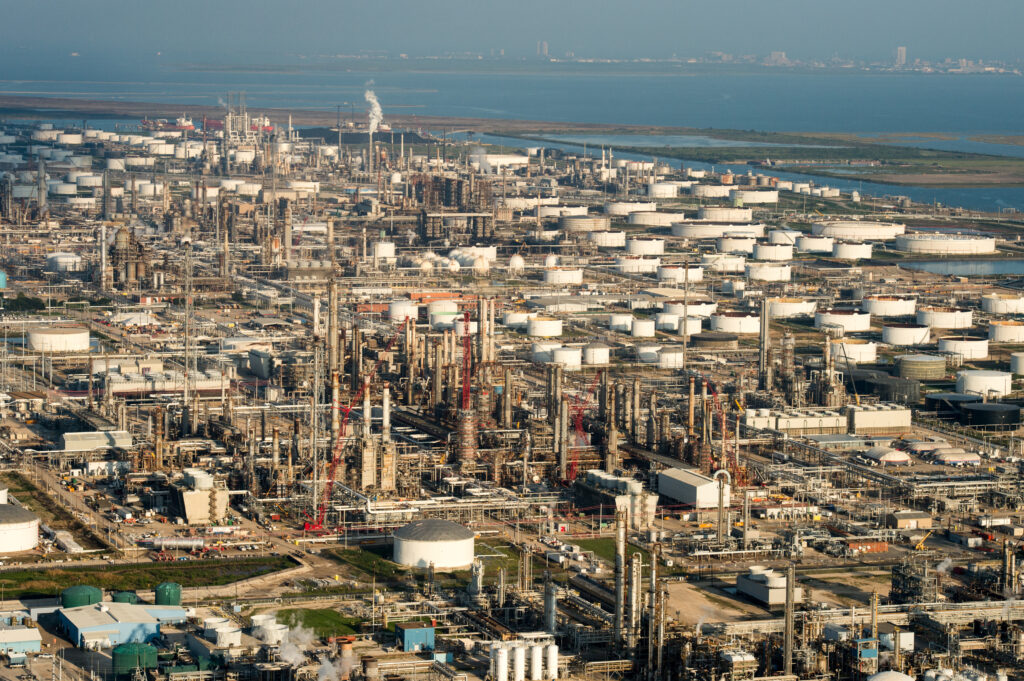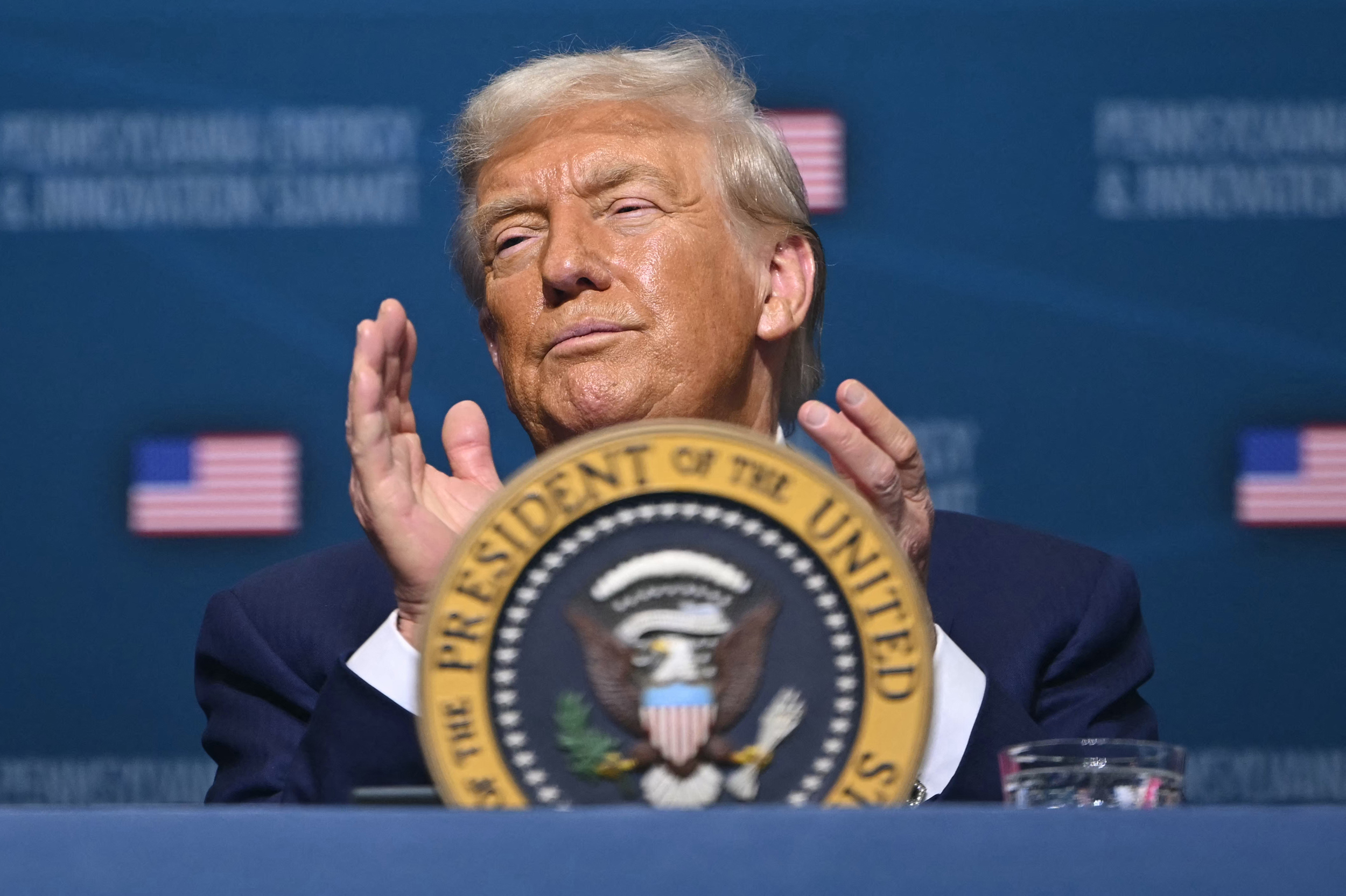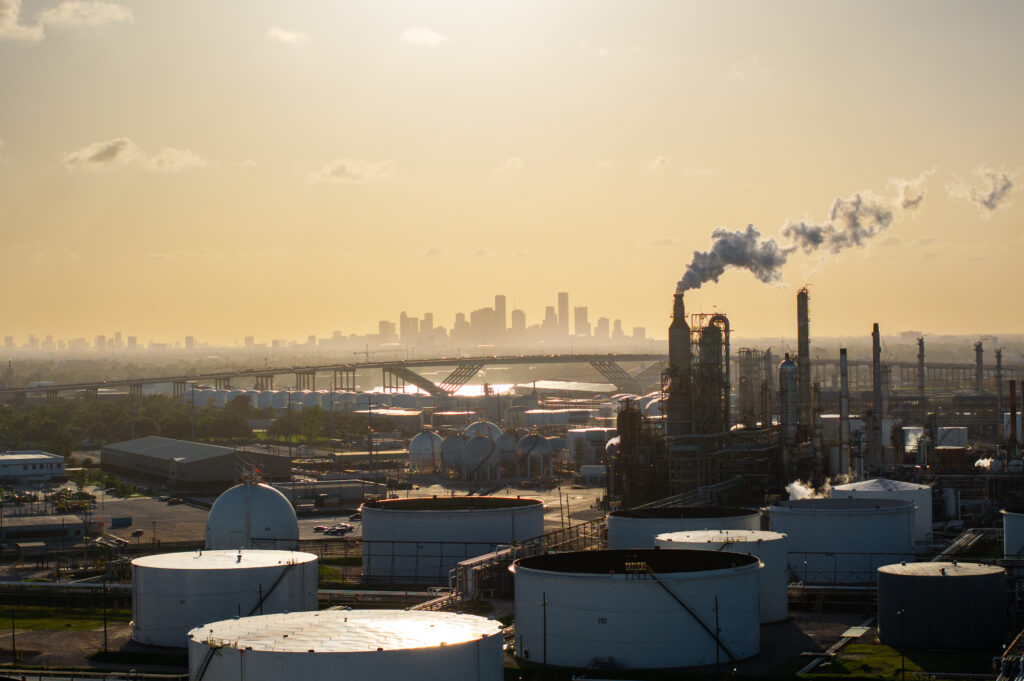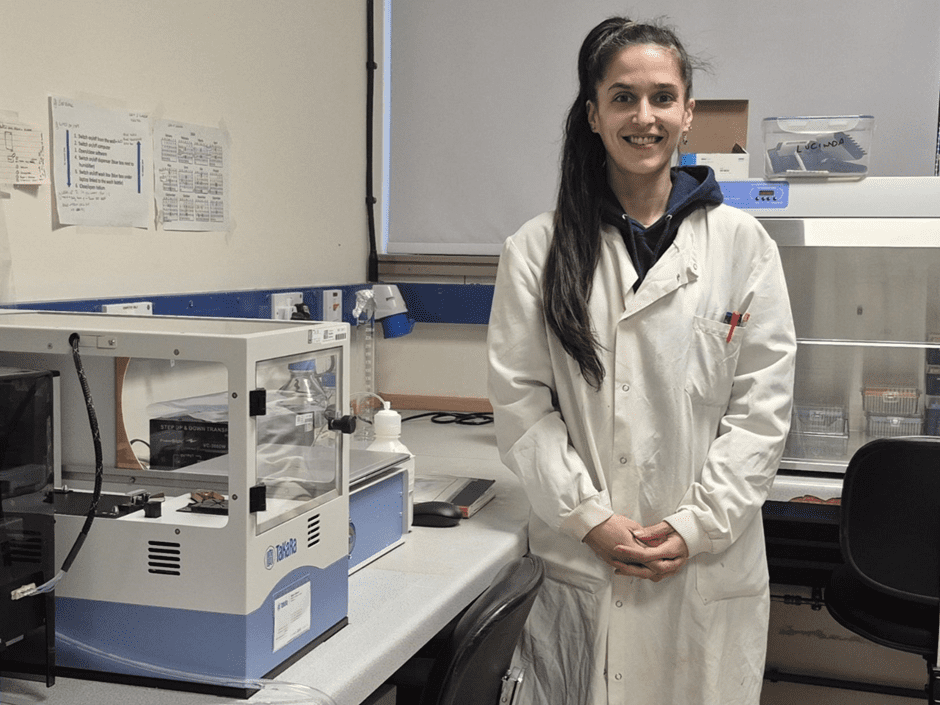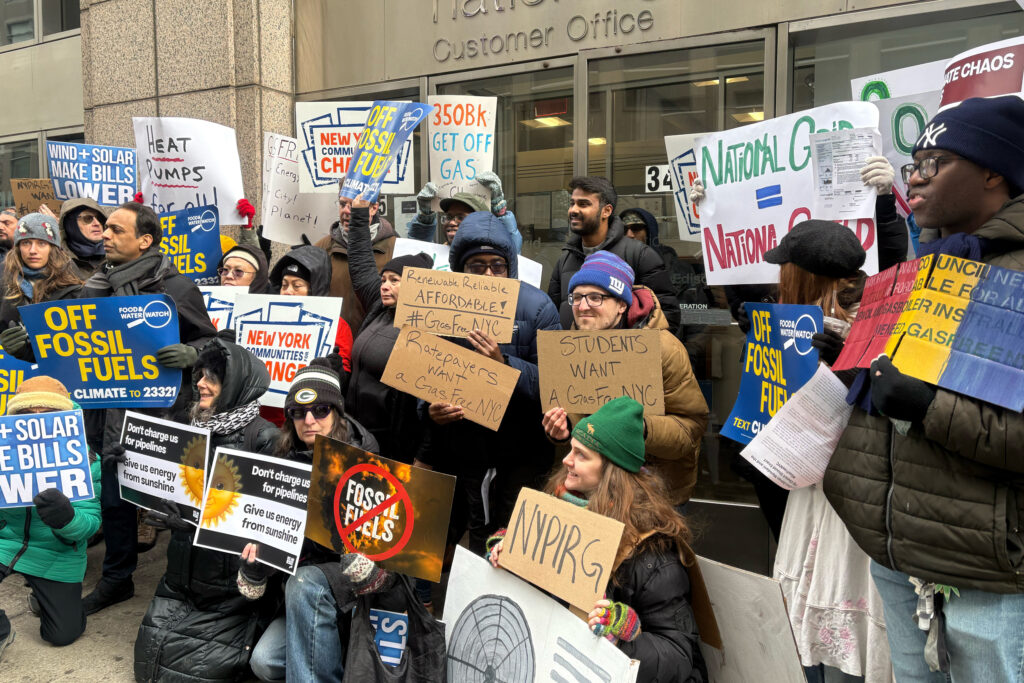From our collaborating partner Living on Earth, public radio’s environmental news magazine, an interview by Jenni Doering with Samantha Gross, the director of the energy security and climate initiative and a fellow in foreign policy for the Brookings Institution.
One of the big questions in the climate world is where the U.S. stands now that a change in administration is imminent.
President-elect Donald Trump has vowed to once again take the U.S. back out of the landmark Paris climate accord. But major fossil fuel corporations, including ExxonMobil, are clearly stating they would prefer the U.S. remain in the Paris Agreement.
Samantha Gross is the director of the Energy Security and Climate Initiative at the Brookings Institution. This interview has been edited for length and clarity.
JENNI DOERING: Why would Exxon warn against President-elect Trump taking the U.S. out of the Paris Agreement?
SAMANTHA GROSS: One of the hardest things for energy companies, or honestly, anybody trying to make big investments in the United States, is when our policy changes a ton. It goes back and forth with changes in the administration. I think part of the reason why big oil in general would kind of like to see us stay in is that they’d like to see some consistency in the U.S. position on climate change, because they’re not making four-year investments or even eight-year investments, they’re making 20- and 30- and 40-year investments and they want a steady policy environment. So it’s actually helpful for them to have the U.S. be a little more steady in its climate policy, rather than swing back and forth.
I also think it’s a reputational thing for them. I mean, they don’t want to be seen as encouraging us to pull out of this agreement that’s so important for the world for dealing with the climate.
DOERING: I understand the oil industry as a whole is not actually a monolith when it comes to opinions on staying in or coming back out of Paris. What’s going on there?

GROSS: No, the oil industry really isn’t monolithic. The way I like to think about it is the big companies that you and I know the names of are one part of the oil industry, but there’s a whole lot of smaller companies that operate regionally that don’t have public names, that you and I don’t know about at all, and they often put themselves forward very different publicly.
Part of it is because the big companies are big, and it’s easier for them to do certain things. A lot of actions are easier to take with economies of scale if you’re doing it over a lot of facilities. But in general and across the board, because the smaller industry players don’t have a reputation to protect, they don’t tend to be as forward on climate issues as some of the larger companies. It’s kind of funny that everybody likes to hate on big oil, but big oil is often more climate forward than some of these smaller companies. Not always, but often.
DOERING: Why are these big companies sometimes a little more attuned to their image In terms of carbon policy?
GROSS: Their image matters. I’m old enough to very clearly remember the Exxon Valdez incident, and that colors Exxon’s reputation to this day. When bad public relations things happen, they’re terrible for companies.
So you can think of it cynically as just a public relations thing, or you can think that these companies are made up of people who live on Earth and who, in many cases, want to do the right thing. Those companies also tend to have a bigger balance sheet and more ability to try new things. It’s easier for them to take action because they can have more economies of scale in doing it. And so often it’s that those actions are easier for them than it is for some smaller operators.
DOERING: To what extent does this response from the big fossil fuel companies signify a shift in how we collectively approach an energy transition?
GROSS: Clearly, fossil fuels are what’s causing climate change, or a very central cause of it, and we have to remember that.
But you also have to remember that these companies operate globally in a lot of countries that care about the climate, and they also want to be going concerns for a long time, all the way through the energy transition. So they’re not just thinking about how do I make money today? They’re thinking about, how do I make money in 20 years? So I think it’s important to think of them as not necessarily the enemy, but as companies that also have some skills that can be used in the energy transition—and big fat balance sheets that can be very helpful in doing big projects.
DOERING: I understand that these oil companies are taking some steps to secure a role in a lower carbon future. What are some of those steps?
GROSS: There are some new technologies that are kind of naturals for oil companies to take on. A good example is carbon capture and storage. We tend to think of that as a way to make fossil fuels last longer. But there are some places where it’s very, very hard to replace fossil fuels and carbon capture may be a good idea. If you think of what an oil and gas company is good at working in the subsurface, underground is exactly what they’re good at. So they have the skills to make these projects go.
Another really good example is hydrogen. They already make hydrogen because they use it in their refineries and in petrochemical plants. They can make it the old way and use carbon capture and storage. Or they can make green hydrogen using electricity, but making and handling hydrogen and also just doing great big projects that take a long time and cost a lot of money. They’re good at that, it’s what they do now.
DOERING: If the U.S. does leave the Paris accord again, and we’re out for the next four years, what’s left to be done internally? What are the major actions that we should be taking within this country?
GROSS: I think the U.S. will almost certainly pull out of the Paris Agreement, sadly, but there are a ton of things we can do locally.
The Paris Agreement is actually not the main driver of our domestic action. And our automotive companies have geared up for electric vehicles. Our utilities are already installing mostly renewables. The IRA is the law of the land and has a lot of encouragement for continuing green actions. There are a lot of things that are moving forward, and they’re not about the Paris Agreement, they’re about domestic policy.
It’s a terrible bummer to take us off the world negotiation stage. But there’s also a lot of momentum and a lot of actions here that are within our economy and not about the Paris Agreement at all.
DOERING: Carbon emissions are higher than they’ve ever been, and the world is moving far more slowly to cut emissions than scientists prescribe. What message do you have for climate-concerned folks who frankly might be starting to feel a bit hopeless?
GROSS: It is definitely true that we are not moving as fast as many climate scientists would like us to move. That’s undoubtedly true and we need to keep pushing for investing in the technology we have, and we know that works: renewable electricity, geothermal electricity, reducing methane emissions. These are all things we know how to do.
We also need to push for greater research and development on the things we don’t know how to do yet. So we need to keep working.
On a small note of optimism, it wasn’t that long ago—10 or 15 years ago—that we were on a trajectory that looked like maybe four degrees of warming or more, and it looks like we’re now on a trajectory of two and a half degrees, maybe two and change. Is that where we want to be? No. Is it better than we were not very long ago? Definitely.
The curve is bending. It’s just not bending fast enough, or the trajectory isn’t changing fast enough. So it’s not that we’ve gotten nowhere. It’s just that we’re not going as fast as we need to be. And I think that attitude helps fight the hopelessness. It’s not that we’re not doing anything, it’s just that we’re not moving quite fast enough.
About This Story
Perhaps you noticed: This story, like all the news we publish, is free to read. That’s because Inside Climate News is a 501c3 nonprofit organization. We do not charge a subscription fee, lock our news behind a paywall, or clutter our website with ads. We make our news on climate and the environment freely available to you and anyone who wants it.
That’s not all. We also share our news for free with scores of other media organizations around the country. Many of them can’t afford to do environmental journalism of their own. We’ve built bureaus from coast to coast to report local stories, collaborate with local newsrooms and co-publish articles so that this vital work is shared as widely as possible.
Two of us launched ICN in 2007. Six years later we earned a Pulitzer Prize for National Reporting, and now we run the oldest and largest dedicated climate newsroom in the nation. We tell the story in all its complexity. We hold polluters accountable. We expose environmental injustice. We debunk misinformation. We scrutinize solutions and inspire action.
Donations from readers like you fund every aspect of what we do. If you don’t already, will you support our ongoing work, our reporting on the biggest crisis facing our planet, and help us reach even more readers in more places?
Please take a moment to make a tax-deductible donation. Every one of them makes a difference.
Thank you,



